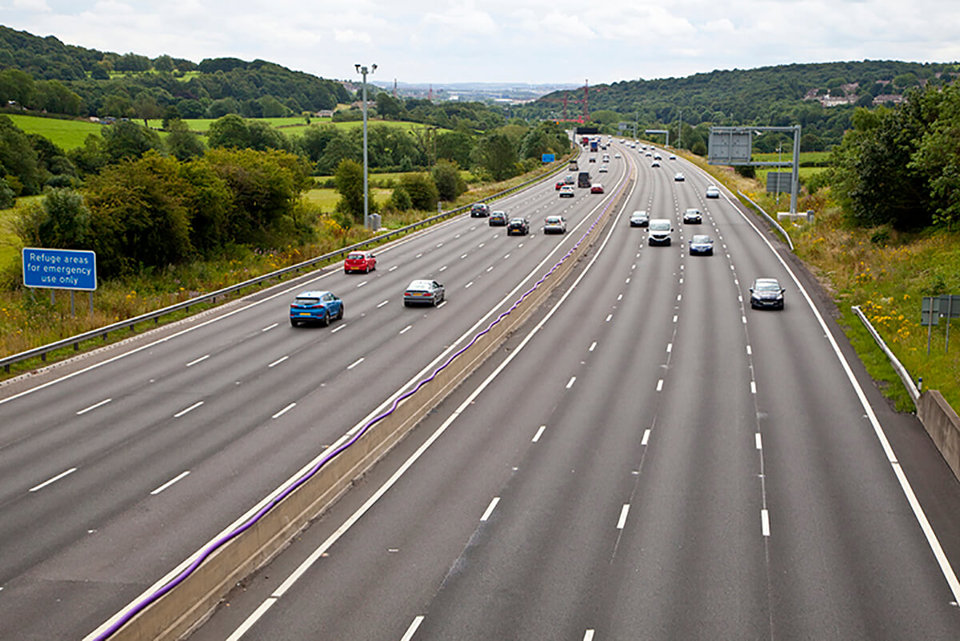Government policy has far-reaching consequences for fleets, whether on road building or transport infrastructure. With the proliferation of potholes and concerns over public transport investment and road charging, we asked fleets: how effective is the Government’s transport policy?
Paul Tate, commodity manager, Siemens: The 10-year plan and the promised £60 billion investment should ensure a reduction in congestion even though the demand for driving is projected to increase.
Every £10bn invested will save the average driver one minute a week, research suggests.
Without the investment, the Government projects that congestion would rise by 28% on inter urban roads. Any plans to tackle the growing problem are welcome no matter how small the benefits.
Geoff Wright, fleet services manager, Celesio Group I think industry would welcome further clarification from the Government concerning how it intends to address rising fuel prices, investment in road infrastructure and congestion.
Graham Hine, transport manager, Warwick University It is unclear what the Government’s transport policy actually is and what impact it has on the fleet operator.
I read confusing messages about road transport policy and future plans to invest in tolls and road charging, but I think these are influenced by the political climate.
As far as I can see, the policy focuses on public transport and investment in infrastructure projects such as HS2, which do not directly impact on fleets.
Tony Leigh, head of car fleet services, PwC Who knows… What is the Government’s transport policy? It seems we have announcements every day about roads, rail or air transport which seems to point to a policy being decided on the hoof.
How will investment in rail transport impact on fleet?
Paul Tate Investment in rail – as long as the end result is a cost-effective solution – is always welcome. We promote the use of alternative modes of transport to reduce the carbon output and limit congestion.
Geoff Wright The nation needs an efficient road network and that requires adequate investment in infrastructure. Rail, of course, has a part to play, but it does not and cannot fulfil the role which road fleets provide.
Graham Hine It might have an impact on the logistics and distribution industry, but where a fleet relies on vehicles to deliver and manage services, it will have little or no impact.
It will benefit business travellers and commuters and possibly some company car drivers if the rail system was more joined up and provided a better alternative.
Tony Leigh The major projects are planned for so far ahead, who knows if there will be an impact on fleet. How much use will be made of rail in the future will depend on the costs associated with either car or rail transport.













Login to comment
Comments
No comments have been made yet.